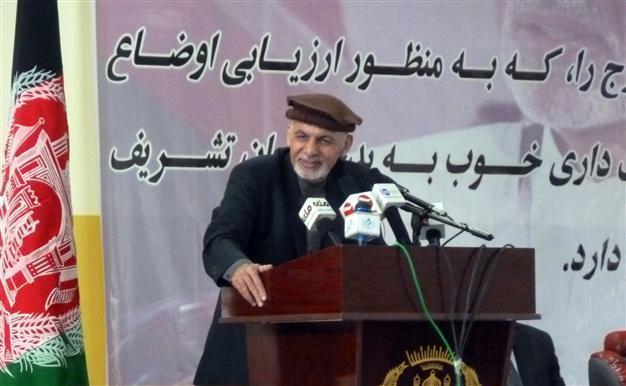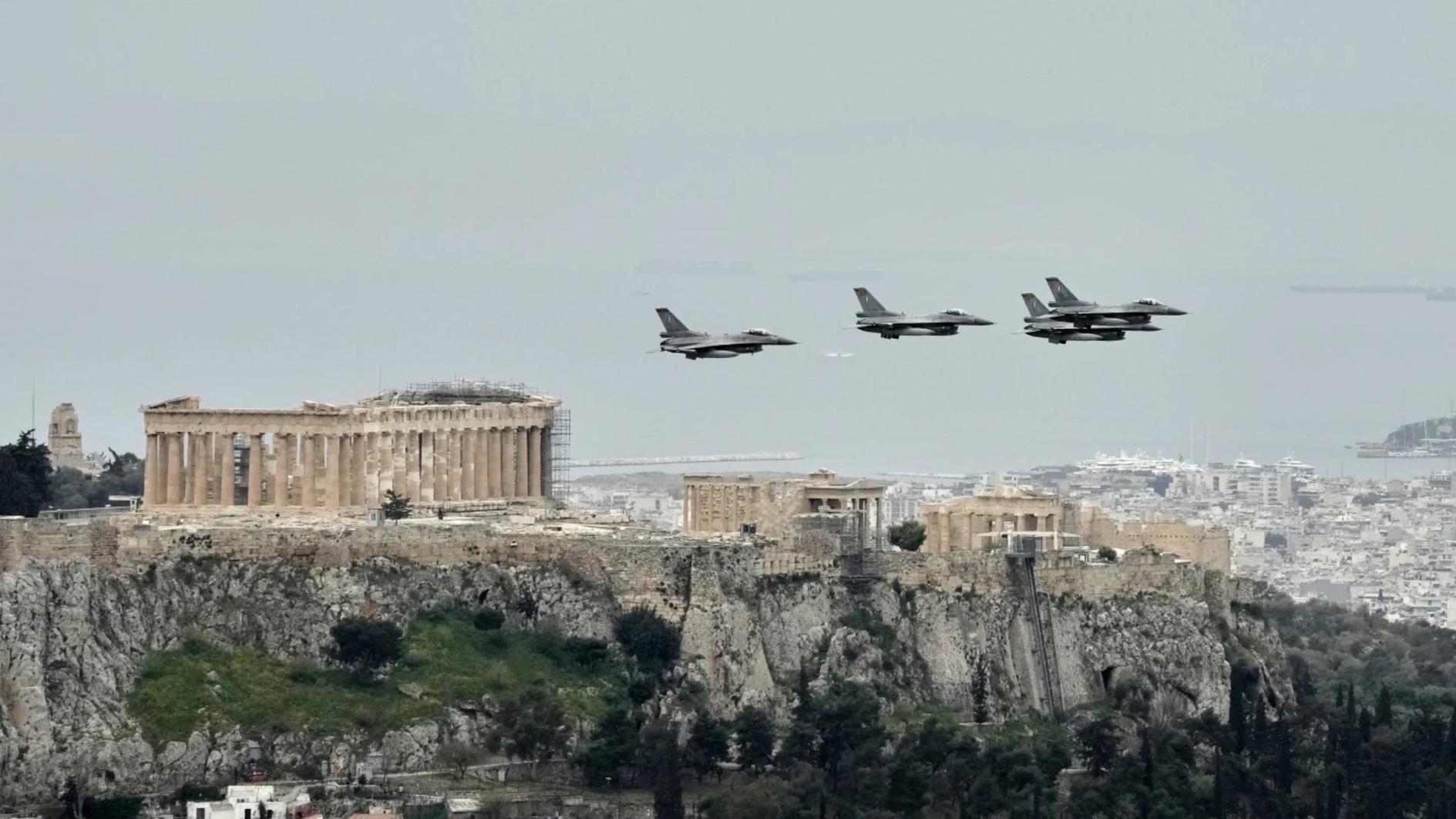Afghan president starts Iran visit
TEHRAN - Agence France-Presse

Afghan president Ashraf Ghani speaks, during his speech in Faizabad the capital of Badakhshan province, northeastern Afghanistan, Saturday, April 18, 2015. AP Photo
Afghanistan's president arrived in Tehran April 19 on his first trip to Iran since taking office, with security questions likely to dominate talks after the Islamic State of Iraq and the Levant (ISIL) group claimed a massive suicide bombing.The attack in the eastern city of Jalalabad killed 33 people April 18 and wounded more than 100, the first such incident in Afghanistan for which ISIL has claimed responsiblity.
President Ashraf Ghani's arrival on a two-day visit was announced by Iran's official IRNA news agency. State television showed him and his Iranian counterpart Hassan Rouhani at Saadabad Palace in Tehran where top-level dignitaries are often welcomed.
Ghani, elected in September, was accompanied on the trip by his foreign minister and minister for oil and mines.
Ghani has repeatedly raised the prospect of ISIL making inroads into Afghanistan, though the group that holds swathes of Syria and Iraq has never formally acknowledged having a presence in the country.
Saturday's attack outside a state-run bank in Jalalabad was the worst to hit Afghanistan since November, mostly killing government officials who were drawing their salaries.
A person purporting to be an ISIL spokesman said in a call to AFP that the group was behind the bombing.
An online posting allegedly from ISIL made the same claim, which could not be verified.
Iran and Afghanistan have close ties. In 2001, Tehran took the rare step of cooperating with Washington in a US-led invasion that ousted the Taliban regime from power in Kabul.
The Taliban have seen defections to ISIL in recent months, with some voicing their disaffection with their one-eyed supreme leader Mullah Omar who has not been seen in almost 14 years.
Iran has been central in the Baghdad government's fightback against ISIL, coordinating Shiite militias and providing military advisers from its powerful Revolutionary Guards Corps.
















